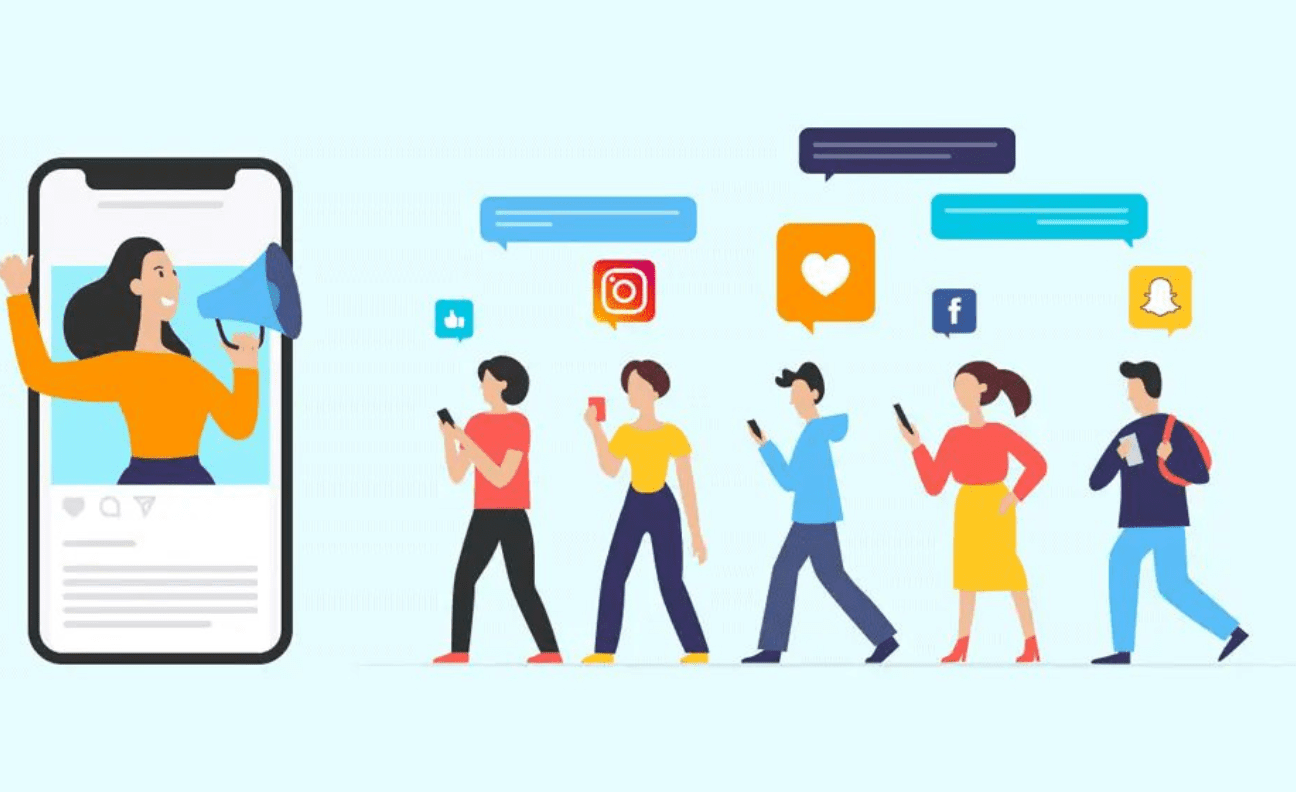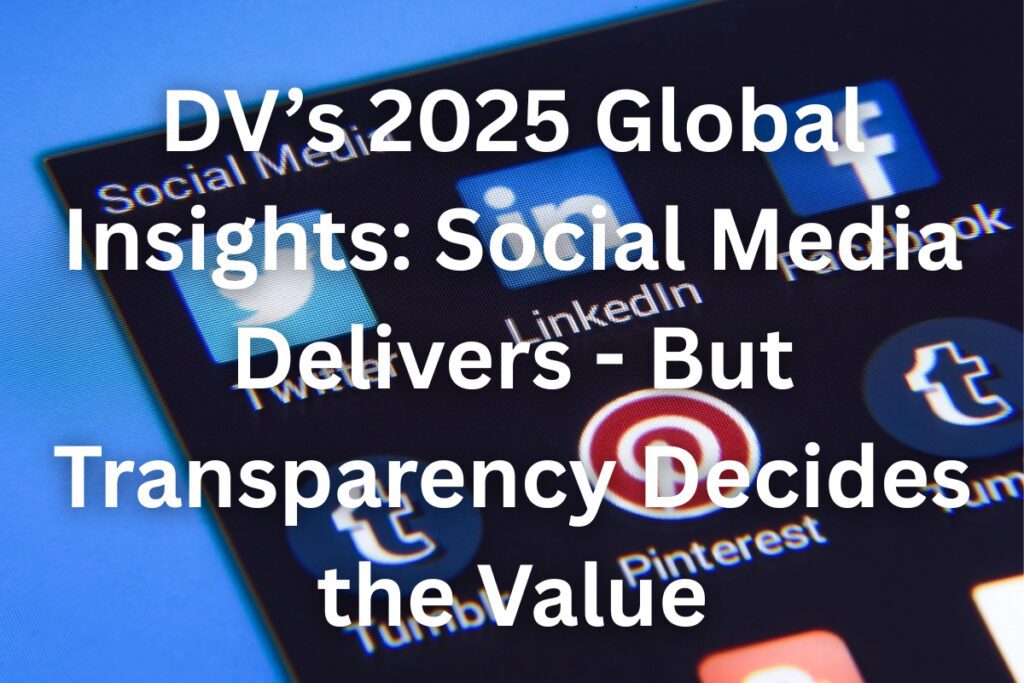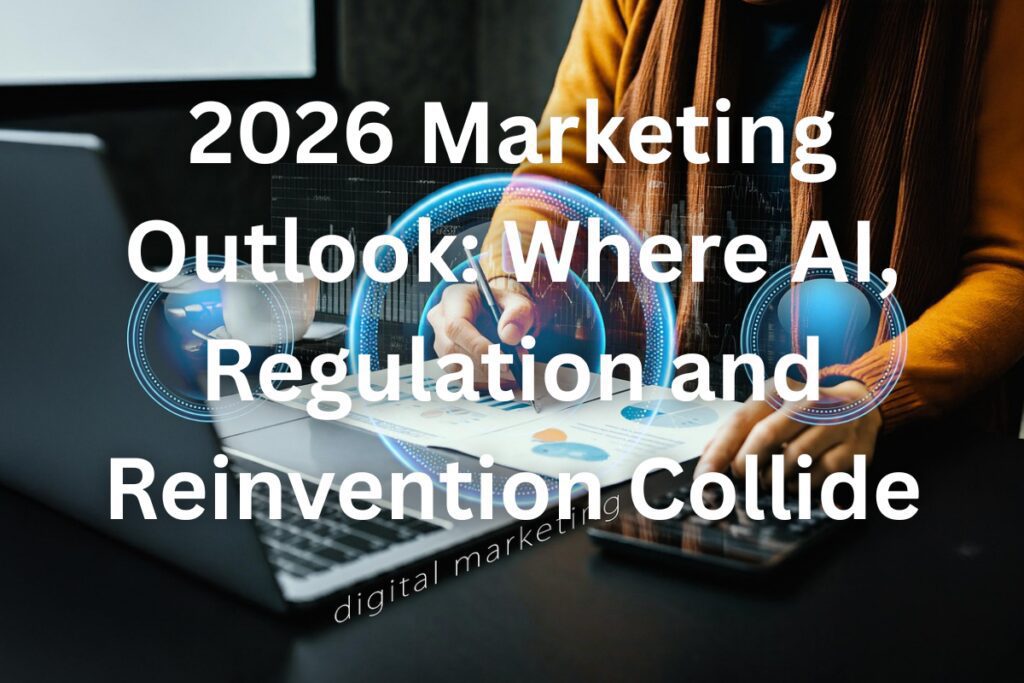As influencer relationships become more commonplace, the way brands and influencers interact with one another is expected to evolve in time. This is especially true as social media continues to grow and evolve. Let’s take a look at the latest trends and what’s in store for the future of influencer relationships.
Influencers are Avoiding Affiliate-Only Partnerships
Affiliate-only partnerships occur when influencers are asked to promote products in exchange for an affiliate commission. This type of setup is becoming less popular as influencers increasingly opt for more integrated partnerships that result in long-term relationships and the potential to collaborate on more creative projects.
Affiliate-only partnerships are becoming increasingly popular among businesses looking to tap into the influencer market. Unfortunately, these types of partnerships can be a hard sell for influencers.
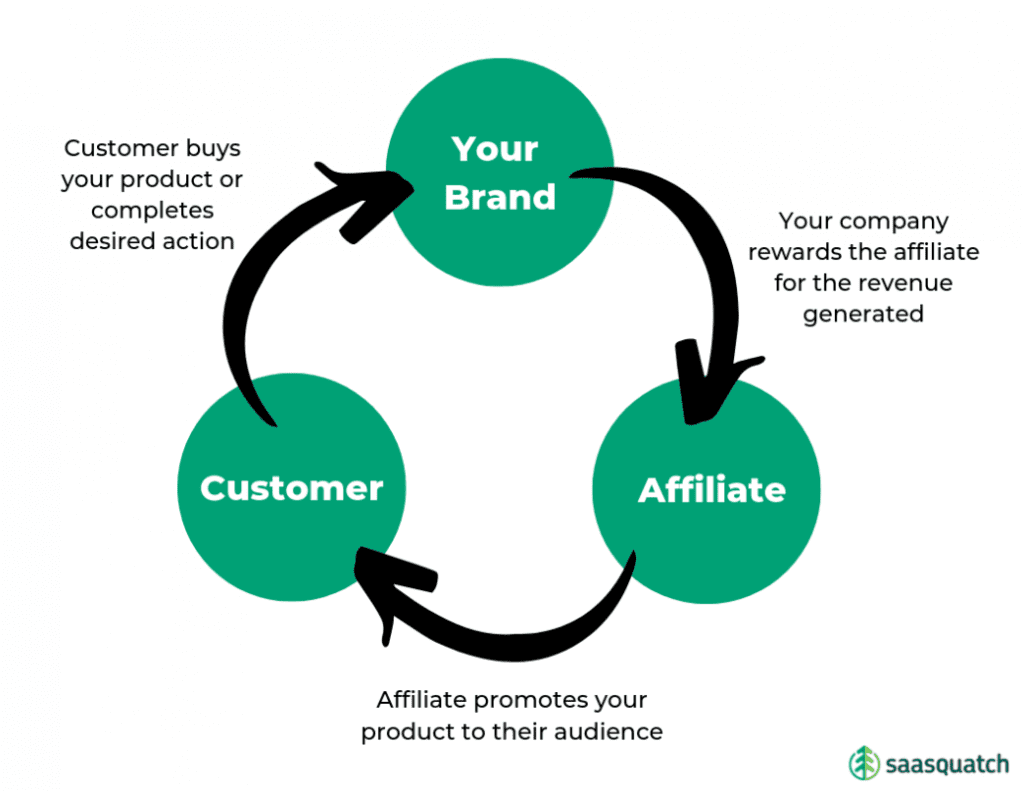
Here’s why influencers may not want to participate in your affiliate-only partnership.
Time and Money Risk
One of the biggest reasons that influencers might avoid your affiliate-only partnership is because they have to take on all of the time and money risk without any assurance that they will make any money with their efforts.
Many influencers already have their own products or services to promote and get paid for, as well as other brands that have paid them fees for their work. Your offer of an affiliate-only commission could just be too much effort for too little money compared to what they can get elsewhere.
Awareness of Brand
Another factor to consider is the awareness of your brand. How well known is it? Is it established enough that people will actually click on links and purchase from you? In order for an influencer’s efforts to be worth it, there needs to be enough interest in your brand or product so that people are actually clicking through and buying from you – otherwise the whole effort is wasted.
Cookie Length
Last but not least, there’s cookie length to consider. Some brands use cookies that are only active for a short period of time (24 hours, for example). This could mean that if someone clicks on an influencer’s link but doesn’t buy right away, then the influencer won’t get credit and compensation if they do decide to buy later on down the line.
Shorter cookie length effectively reduces an influencer’s return on investment significantly, so it makes sense why they would want a longer cookie length (or better yet, a more permanent form of tracking) before investing their time and energy into working with your brand.
Gen Z and Influencer Marketing
As Gen Z, the next generation of influencers and consumers, begin to enter the market, they’re changing the way brands and influencers interact.
Gen Z consumers are savvy enough to spot when an influencer isn’t genuinely connected with a brand. They actively avoid partnerships that appear inauthentic, or where there is little connection between the content creator and the product itself.
Influencers are seeking genuine, meaningful partnerships with brands who share their mission and values. Such collaborations enable organisations to reach an ever-growing Gen Z audience while deepening relationships that have the potential to become long lasting affiliations between two companies.
To ensure a perfect fit, it’s essential for influencer teams to be just as passionate about the brand they’re working alongside – after all, why partner up if you don’t love what you do?
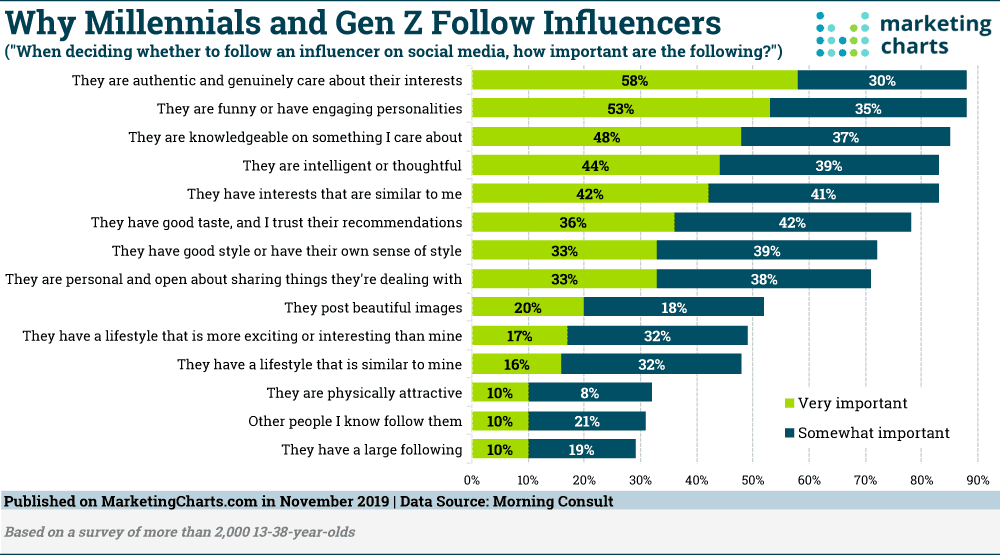
What can Brands Do?
For brands, the key to making a successful connection with an influencer is understanding their values and interests. This goes beyond simply being familiar with the topics they cover; it’s about developing an understanding of what made them passionate enough to make content in the first place.
When reaching out to influencers, businesses should try and create a connection between what they do and the influencer’s interests – this could be through shared values, missions, or collaborations. Brands should also make sure to have clear expectations of what they’re looking for in their partnership with the influencer, such as the duration of the contract, how often content is expected to be posted and other creative restrictions.
Finding the right influencer for your brand may take some time, but setting the groundwork for successful collaborations can be worth it in the long run. With mutual respect and genuine interest coming from both parties, brands can build strong relationships with their chosen influencers – and ultimately get more out of their marketing efforts.
Conclusion
Selecting the right influencer for your brand is a complex process. Before committing to an agreement, it’s important to consider the influencers’ engagement rate, commission structure and cookie length, as well as their attitude towards partnership with your brand.
Gen Z consumers have raised the bar on what they expect from influencers and brands when partnering together – so long as there’s a genuine connection between the two, they will be more likely to work together. With mutual respect and understanding, brands can create lasting affiliations with influencers that make their marketing efforts all the more successful.

